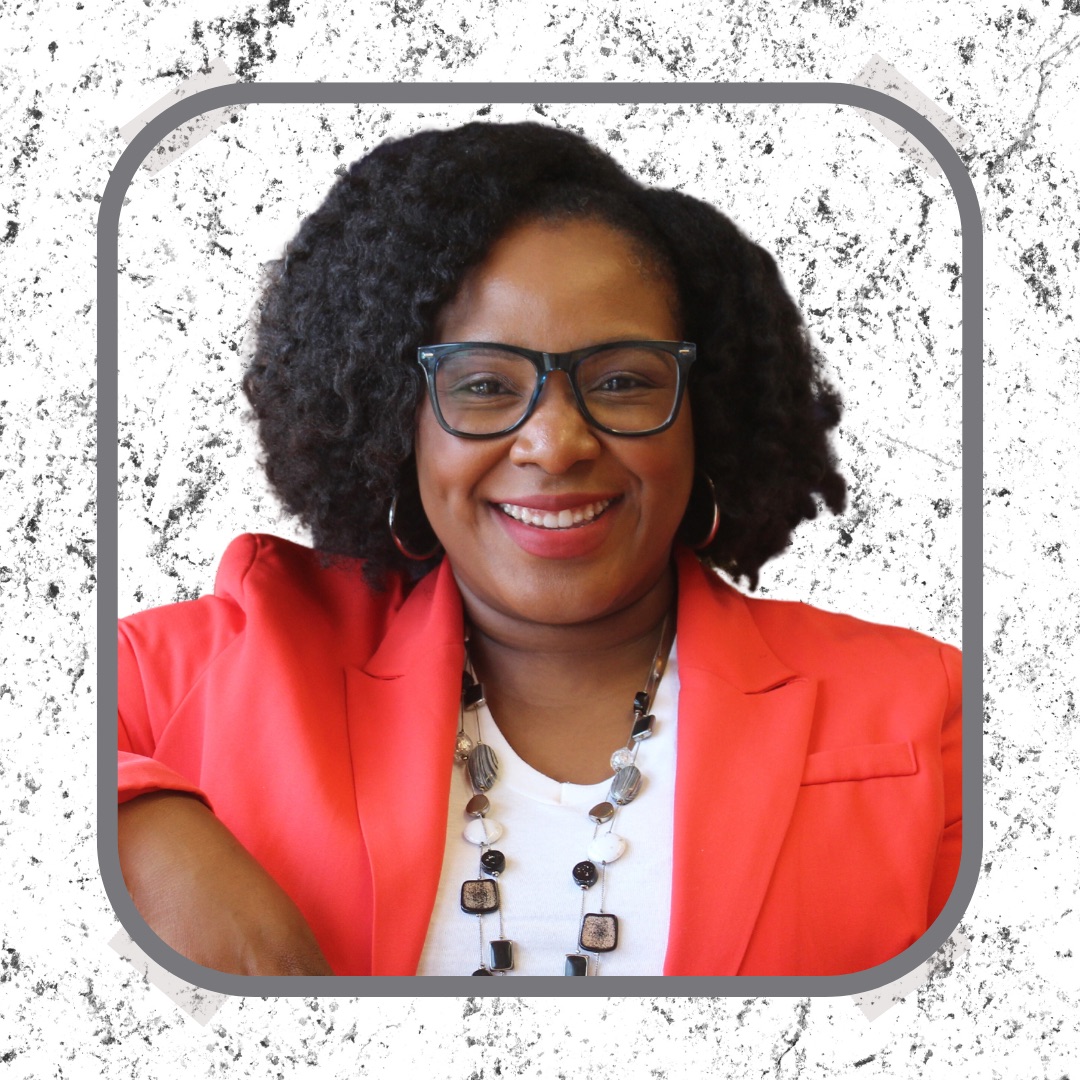I’m Not The Worship Leader! I’m The Chaplain!
Miss Tashara S. Void, Contributing Writer
The role of the chaplain is often misconstrued and misused. A quick search in the 2021 Doctrine and Discipline of the African Methodist Episcopal Church (AMEC) reveals how misunderstood their role is. Across organizations, chaplains are reduced to devotional periods, Bible studies, and leading worship experiences. A couple of organizations expand the role further, including programming and offering spiritual guidance to the organization. One organization even goes as far as listing “qualifications” for the position, which include – the “demonstration of Christian commitment, possessing a high level of spiritual maturity, effective interpersonal and communication skills; training and experience in Christian Education; knowledge of the Bible and the AMEC Hymnal; and experience in preparing and conducting Bible study and worship.” Yet, if one does a quick Google search, one will find the general definition of a chaplain as one who provides spiritual care – “attending to a person’s spiritual or religious needs as they cope with illness, loss, grief or pain to help them heal emotionally as well as physically, rebuilding relationships and regaining a sense of spiritual wellbeing.” Notice it does not say anything about offering prayer, scripture, song, or a sermonette, which are tools utilized to administer care but not their primary function.
How insulting this is for those who serve as chaplains in a professional capacity to see their charge minimized to prayers, worship, and Bible study when the requirements alone require a master-level theological degree, completion of a one-year residency program, an accumulation of 2,000 post-residency hours, and the acquisition of national board certification. (For military chaplaincy, the process is slightly different but no less rigorous or demanding). A candidate must show written and verbal proficiency in (1) the knowledge, application, and integration of the theories (spiritual care, psychology, social science, ethics, and group dynamics), research, and research literacy; (2) maintaining a professional identity and conduct through self-awareness and critical judgment skills; (3) professional practical skills (engage in relationships, provide effective support, manage crises, and facilitate group processes), assessing the spiritual needs of the care recipient and formulating a plan of care with interventions, goals, and anticipated outcomes; (4) organizational leadership, contributing to staff support and the integration of spiritual care; and complete ongoing training and education to maintain their certification.
With all the skills, knowledge, and experience one acquires, how did the role of chaplain get reduced to someone within an organization whose role is to pray and lead worship? In a place like the church, where we are responsible for the souls of the people, the role of the chaplain takes on a whole new meaning, which does not take away from the role of the pastor. I assert that the two work in tandem as complements to one another. Whereas the pastor’s primary responsibilities are preaching, teaching, and administration, a chaplain presses into the spiritual needs of the people. The chaplain keeps their ears in the pews and their feet on the ground, actively listening for moral or spiritual injury, meaning and purpose, connectedness to self and others, and beliefs and values, which can inform the central message of the pastor.
Chaplains are the subject-matter experts on spiritual care, assessing and speaking into spaces of deficiency and pain. They are uniquely positioned to create resources and programs that help those who have experienced hurt and those who are doing the hurting. They are the leaders and facilitators of the spiritual care team. I posit that every church, or cluster of churches for smaller congregations, needs a skilled and proficient chaplain in spiritual distress and struggle.
I further submit that the role of chaplain be elevated and fully integrated into the work of the church as a viable and necessary voice for the development and growth of the internal church. I strongly encourage individual organizations with a “chaplain” as one of their officers to handle with care and intentionality the duties, roles, elections, and appointments of these positions. The chaplain is not the opening and closing of your meetings, creator of your worship services, and teacher of your Bible study. The chaplain is the assessor of your members’ spiritual needs. They are the creators and facilitators of your spirituality groups. They are the specialists who journey with the members in search of meaning and, purpose, hope, and connectedness. Think about this the next time you see or hear a chaplain in front of someone’s name, and do not minimize their role. Slide over and make room for the necessity that it is.





